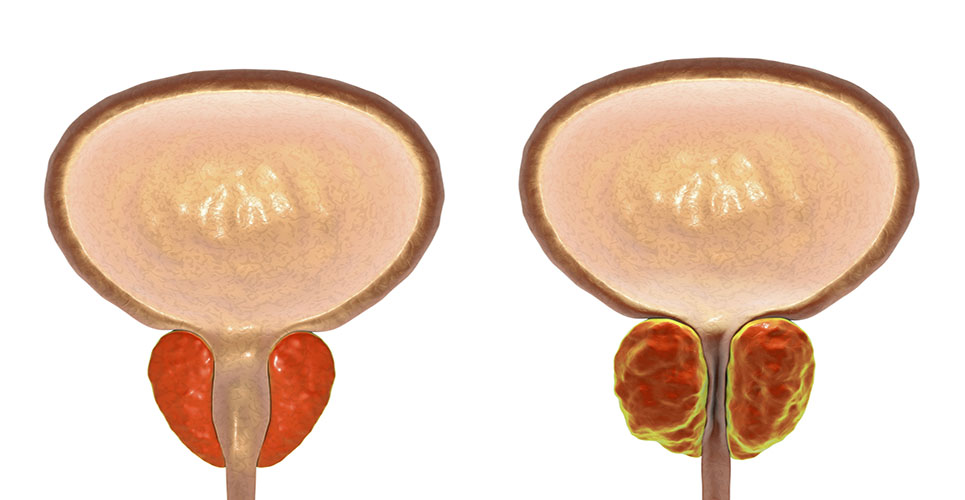teaser
A fourth case of counterfeit medicine – a second batch mimicking Sanofi-Aventis and Bristol-Myers Squibb’s clotbuster Plavix® (clopidogrel) – has been identified in the UK supply chain, fuelling concern over the safety of parallel imports.
The Medicines and Healthcare Products Regulatory Agency is recalling any parallel-distributed stock of Plavix 75mg film-coated tablets, 3103/1 to 3103/20 inclusive, following the discovery of counterfeit versions in the supply chain.
The MHRA said Batch 3103 is a genuine Sanofi-Aventis and BMS batch number, for which the original unchanged cartons were supplied to France in French livery. The agency said stock not parallel-distributed and in UK-branded livery was not affected.
This is the fourth such incident in less than two weeks. Earlier cases set off alarm bells across Europe, and involved fake parallel-imported versions of AstraZeneca’s prostate cancer treatment Casodex® (bicalutamide), Eli Lilly’s antipsychotic Zyprexa® (olanzapine) and another batch of Plavix.
However an MHRA spokesman said it was important to look at the overall context with regard to the amount of counterfeit drugs penetrating the legitimate supply chain. “There’s no real evidence to suggest it’s being flooded with fake drugs.” Although he could not be more specific due to the sensitive nature of the information, he said a couple of the cases could be linked and stem from the same source.
The movement of medicines around Europe in the form of parallel importing has long been practised, but many believe the legal requirement that products be re-labelled in local languages creates a weak point in the supply chain, at which counterfeits could be introduced.
So far, the MHRA has always maintained that it is “statistically incorrect” to say that parallel imports have increased the chances of fake drugs entering the supply chain – but the facts would seem to suggest otherwise, according to the UK’s Centre for Mental Health.
Jim Thomson, chief executive of the centre, said: “The time has come for the MHRA to stop defending the indefensible and to start regulating the medicines supply chain. If it can’t protect patients given the present trading environment, then the MHRA has a duty of care to rationalise that environment so that that it can protect patients.
“These recent events clearly show that parallel imports present a way for fake life-saving medicines reaching UK patients, with the obvious risks and consequences for life-threatening conditions.”
In response, the MHRA spokesman said there was previously no concrete evidence to suggest that parallel importing increased the chance of counterfeit penetration of the supply chain. However, given this latest batch of breaches, “this is an area we are going to be looking into. We are not going to be complacent.”
More than 500,000 counterfeit medicines were seized at Europe’s borders in 2005, twice the rate of 2004.
PharmaTimes 7/6/2007

